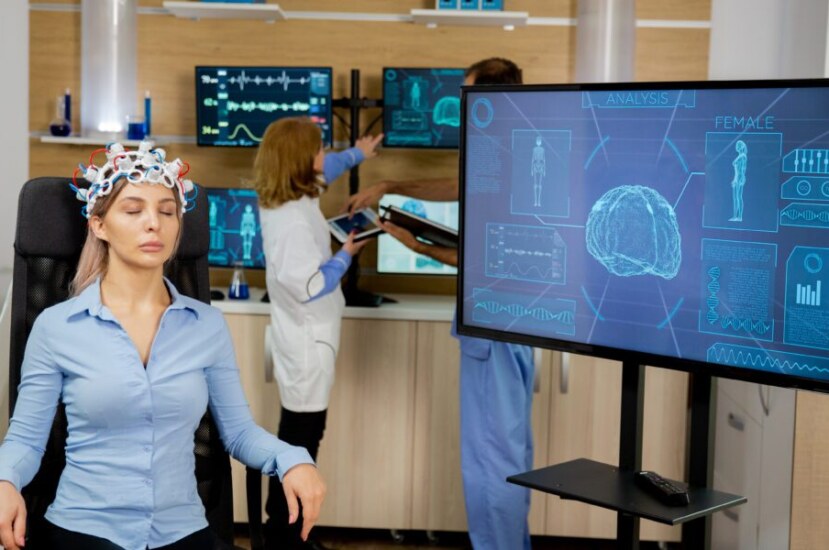AI is revolutionizing mental health services by enhancing accessibility, personalization, and efficiency. One significant impact is the advancement of chatbots and virtual mental health assistants. These AI-driven systems provide immediate support, guidance, and resources to individuals experiencing mental health challenges, offering a convenient and stigma-free avenue for seeking help.
Furthermore, AI algorithms analyze vast amounts of data, including social media activity, speech patterns, and biometric signals, to detect early signs of mental health issues. This enables proactive intervention and personalized treatment plans tailored to individuals’ needs.
In therapy and counseling settings, AI-powered tools assist practitioners by synthesizing patient data, providing real-time insights, and suggesting evidence-based interventions. This augments therapists’ decision-making processes and improves treatment outcomes.
Additionally, AI facilitates remote monitoring and telemedicine solutions, expanding access to mental health services, especially in underserved areas. Through wearables and smartphone applications, AI continuously tracks patients’ well-being, alerting caregivers to significant changes or potential crises.









